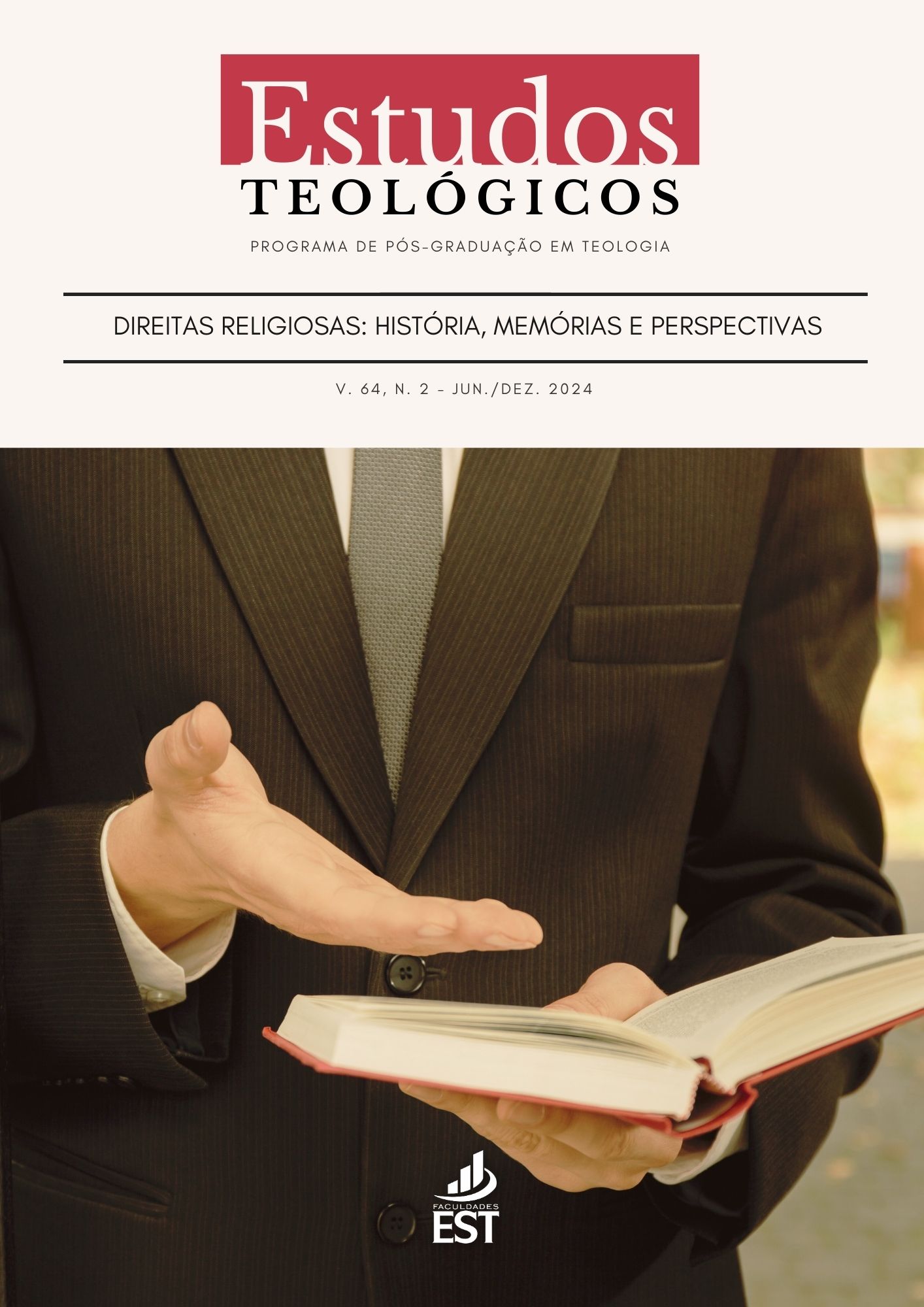Resentment and intolerance of the Catholic extreme right
a theological reflection on the rejection of mercy proposed by Francis
DOI:
https://doi.org/10.22351/et.v64i1.2937Keywords:
Resentment, Intolerance, Francis, Theology, Mercy and EducationAbstract
The growth of the extreme right is a phenomenon observable in several countries, and historically, it is known that sectors of the Catholic Church have always been aligned with its political project. Several sociocultural and political factors explain this polarization that shapes people's religiosity. In the current pontificate, the extreme right seems to have asserted itself and found citizenship, becoming visible primarily on social media. Furthermore, it is evident that there is a public and strong resistance within the Catholic ecclesiastical structure, finding fertile ground against the reforms promoted by Pope Francis. In this way, the opposition and the attacks on Pope Francis occur not only outside the Church but mainly within it, through well-organized groups that resist the advancement of agendas centered on dialogue, inclusion, social justice, and the acceptance of victims. This article aims to demonstrate that the financing of the opposition carried out by the extreme right has its roots in the centrality that Francis gives to mercy. The reflection will be developed in three stages: the first will address the topic of resentment and intolerance in the context of the extreme right; the second will present the evangelical agendas led by Pope Francis in his ecclesiastical reforms; and the third will propose an educational path that reflects on this social and ecclesiastical situation.
Downloads
Published
How to Cite
Conference Proceedings Volume
Section
License
Política de Acesso Livre
A Revista Estudos Teológicos é de acesso livre, o que significa que todo o conteúdo está disponível gratuitamente, sem custos para o usuário ou sua instituição. Os leitores podem ler, baixar, copiar, distribuir, imprimir e compartilhar os links para os textos completos dos artigos, desde que com a devida atribuição de autoria e fonte original, conforme a licença abaixo.
LICENÇA CREATIVE COMMONS
Esta obra está licenciada sob uma Licença Creative Commons Atribuição-NãoComercial 4.0 Internacional (CC BY-NC 4.0).












